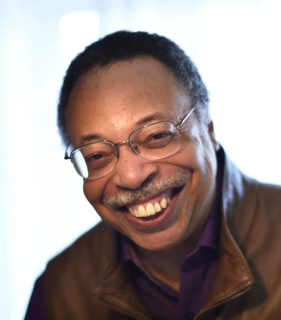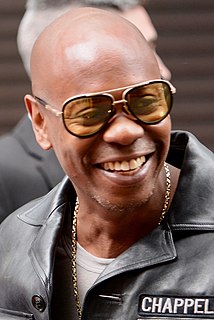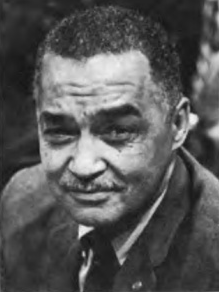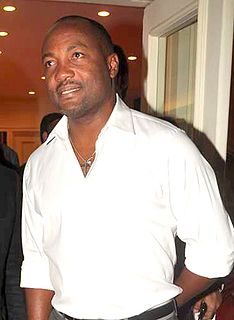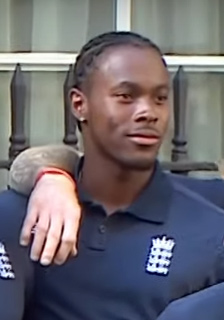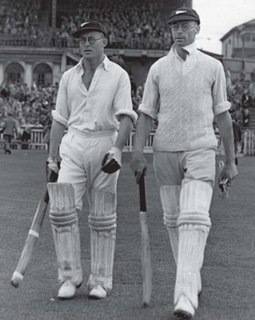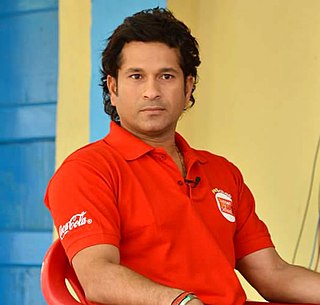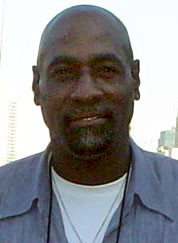A Quote by Glenn McGrath
You expect to cop a bit wherever you go. In the past there hasn't been any racism or any racist comments that I've seen. I'm expecting a tough time, as we get everywhere we go, but racism hasn't been a problem before.
Related Quotes
And what is the Republican solution to these outrageous [racial] inequalities? There isn't one. And that's the point. Denying racism is the new racism. To not acknowledge those statistics, to think of that as a 'black problem' and not an American problem. To believe, as a majority of FOX viewers do, that reverse-racism is a bigger problem than racism, that's racist.
I've never had any issues with racism or racist people at the track for as long as I've been racing in NASCAR. All of that stuff that has happened to my face took place when I was coming up. And a lot of what I get now on social media is 13- and 14-year-old kids just trying to act tough. Well, I'll call them out.
The way racism works in Canada, it's very subtle. You may feel you're a victim of racism or have experienced racism, but you can't necessarily prove it - unless you get a [white] friend to go check out that rental, go check out that job, whatever. Unless you're willing to really dig to prove you're a victim of racism, it might be difficult to do that. And so what you're dealing with then is feeling, it's emotion.
Another response to racism has been the establishment of unlearning racism workshops, which are often led by white women. These workshops are important, yet they tend to focus primarily on cathartic individual psychological personal prejudice without stressing the need for corresponding change in political commitment and action. A woman who attends an unlearning racism workshop and learns to acknowledge that she is racist is no less a threat than one who does not. Acknowledgment of racism is significant when it leads to transformation.
You cannot be responsible for Jim Crow. You can not be responsible for racism. This is much more a problem for the person exercising racism.You are confronted with the reality of racism when you go in the streets, when the eyes of others come upon you. [James] Baldwin goes back with you to all the experiences you went through and gives a name to them, and explains why it is like this.
Things like racism are institutionalized. You might not know any bigots. You feel like "well I don't hate black people so I'm not a racist," but you benefit from racism. Just by the merit, the color of your skin. The opportunities that you have, you're privileged in ways that you might not even realize because you haven't been deprived of certain things. We need to talk about these things in order for them to change.





